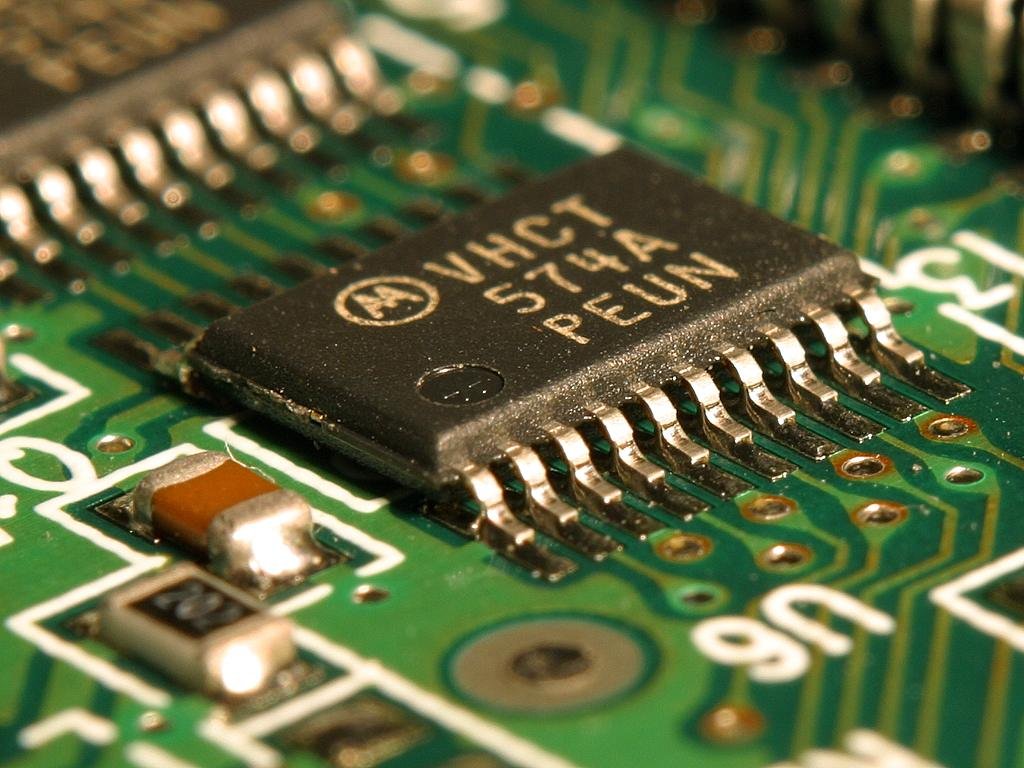The Impact of Artificial Intelligence on Consumer Electronics
Artificial Intelligence is revolutionizing consumer electronics, enhancing user experience with smarter, more efficient devices.

Revolutionizing Personal Devices
Artificial Intelligence (AI) has transformed the landscape of consumer electronics by infusing intelligence into everyday devices. Smartphones, once merely communication tools, now leverage AI for features like facial recognition, voice assistants, and predictive text. This integration has made devices more intuitive and personalized, tailoring experiences to individual users. Wearables such as smartwatches and fitness trackers utilize AI to monitor health metrics, offering insights into physical activity and even detecting irregularities in heart rates. By processing vast amounts of data, AI enables these devices to provide real-time feedback and recommendations, enhancing user engagement and satisfaction. The continuous evolution of AI promises even more sophisticated functionalities, potentially reshaping how we interact with personal technology.
Enhancing Home Automation
The impact of AI extends beyond personal devices to smart home technologies, where it plays a crucial role in enhancing automation and efficiency. AI-powered home assistants can control lighting, temperature, and security systems, learning user preferences to optimize energy consumption and comfort. Voice-activated devices have become central to smart homes, allowing users to manage their environment with simple commands. AI also enhances security through smart cameras and doorbells that recognize familiar faces and alert homeowners to unusual activity. As AI technology advances, the potential for fully integrated smart homes becomes increasingly feasible, promising convenience and safety for users.
Transforming Entertainment
AI is revolutionizing the entertainment industry by personalizing content delivery and enhancing user experiences. Streaming services employ AI algorithms to recommend movies and shows based on viewing habits, ensuring users discover content that aligns with their tastes. In gaming, AI creates more realistic and immersive environments, improving non-player character behavior and adapting difficulty levels to match player skills. AI-driven sound systems can analyze room acoustics to optimize audio output, providing a superior listening experience. This personalization and enhancement not only enrich entertainment but also redefine consumer expectations, pushing the industry toward more innovative solutions.
Driving Innovation in Appliances
Consumer appliances are becoming smarter and more efficient due to AI integration. Refrigerators can now track inventory and suggest recipes based on available ingredients, reducing waste and simplifying meal planning. Washing machines use AI to determine optimal wash cycles, conserving water and energy while ensuring clothes are clean. These innovations highlight AI's role in making everyday tasks more convenient and environmentally friendly. By learning from user behavior, these appliances continuously improve their performance, offering tailored solutions that cater to individual needs. As AI technology advances, the potential for even greater efficiencies in household appliances is significant.
Shaping the Future of Consumer Electronics
The integration of AI in consumer electronics is not just about adding features; it's about reshaping how we live and interact with technology. By making devices more intuitive, responsive, and personalized, AI is setting new standards for what consumers expect from their electronics. The ongoing development of AI technologies promises to further enhance the capabilities of consumer electronics, offering unprecedented levels of convenience and functionality. As AI continues to evolve, it is likely to drive the next wave of innovation in the industry, creating opportunities for new products and services that cater to an increasingly tech-savvy population. The future of consumer electronics, powered by AI, holds exciting possibilities that will undoubtedly change the way we live and work.